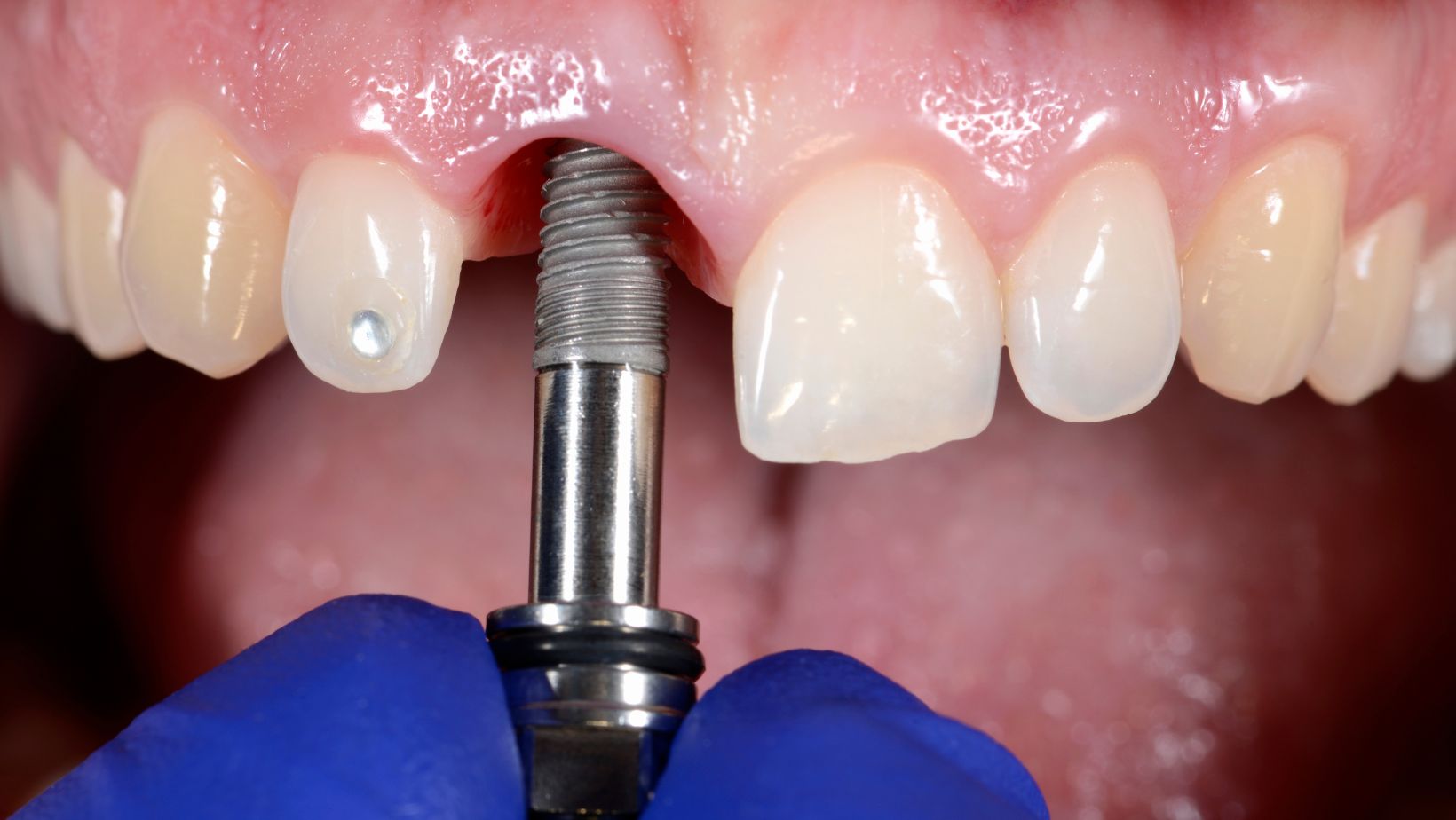If you’ve had a dental implant placed, you likely expected it to function just like a natural tooth—without pain or discomfort. So, what does it mean when your implant hurts while chewing?
While dental implants Turkey have a very high success rate, experiencing pain when chewing may indicate something isn’t quite right. In this article, we’ll explore why you might feel pain in your dental implant, what it could mean, and what you should do about it.
Common Reasons for Pain in Dental Implants
Dental implants are designed to be permanent, but complications can arise that lead to pain. Here are some of the common causes of dental implant pain:
Improper Implant Placement
The implant may press against surrounding tissues or nerves if it isn’t placed properly. Misalignment can lead to pressure points that cause pain, especially during chewing.
Bone Loss Around the Implant
Over time, some patients experience bone loss around the implant. When there isn’t enough bone to support the implant, it can become loose, leading to discomfort and pain when you bite or chew.
Infection Around the Implant (Peri-implantitis)
Peri-implantitis is an infection that can develop around the implant, similar to gum disease. Infections cause swelling, pain, and even bone loss, making it difficult to chew without discomfort.
Signs That Your Implant Pain Is Serious
Not all pain is cause for alarm, but some signs suggest that your dental implant pain is serious and requires immediate attention. If your implant has been in place for some time but you suddenly experience pain, this could indicate an issue. Here’s what to look out for:
- Persistent pain lasting more than a few days post-surgery.
- Sharp or throbbing pain when chewing or biting down.
- Swelling, redness, or discharge around the implant area.
If any of these symptoms occur, it’s time to consult your dentist.

Why Pain When Chewing Happens
Implant Overloading or High Bite Pressure
Sometimes, the pressure exerted on the implant during chewing can be too much for the surrounding bone and tissues. This is known as implant overloading, and it often happens when the crown is placed improperly, or the bite alignment is off.
Gum or Nerve Issues
If the implant is placed too close to a nerve or gum tissue doesn’t heal correctly, it can cause irritation and pain. You may feel this discomfort more acutely when eating or applying pressure to the implant area.
Bite Misalignment
If your bite is off, even slightly, it can put too much stress on the implant when chewing. This can create pain over time as the implant is subjected to abnormal force.
How Can Infection Cause Implant Pain?
Infections can cause serious issues with dental implants. Signs of infection include tenderness, swelling, and a bad taste in the mouth. If left untreated, peri-implantitis can lead to bone loss, which compromises the implant’s stability and causes pain when chewing.
The Role of Bruxism in Implant Pain
Another common culprit is bruxism, or teeth grinding. If you grind your teeth, especially at night, you may unknowingly put excessive pressure on your implant. Over time, this can lead to pain, discomfort, and even damage to the implant.
Can the Type of Implant Material Cause Pain?
While rare, some patients may be sensitive to the materials used in their implants. Most implants are made from titanium, but ceramic options are available.

If you have an allergy or sensitivity, it might lead to discomfort or pain, especially during chewing.
What Should You Do if Your Implant Hurts When Chewing?
If you experience pain in your dental implant, it’s essential to seek professional help as soon as possible. Contact your dentist to schedule an appointment. They’ll likely run diagnostic tests like X-rays to determine the root cause of the problem.
How is Implant Pain Treated?
Adjusting the Bite
If your bite is misaligned, your dentist may adjust the implant or crown to relieve pressure and reduce pain.
Treating Infection or Gum Disease
If infection is present, your dentist will clean the area around the implant and may prescribe antibiotics. In more severe cases, surgical intervention might be necessary.
Bone Grafting or Implant Revision
For significant bone loss or implant failure, more invasive treatments like bone grafting or even replacing the implant may be required.
How to Prevent Implant Pain in the Future
To keep your implant healthy and pain-free, follow these tips:
- Maintain excellent oral hygiene by brushing and flossing regularly.
- Visit your dentist for regular checkups and cleanings.
- Avoid biting into hard foods or grinding your teeth. If you have bruxism, consider using a nightguard.
Ready to take the next step toward a confident smile? Visit Flymedi to explore, compare, and review top dental clinics. Find the right clinic for your dental implant journey and ensure the best care at competitive prices. Start your search today and make informed choices for a successful recovery.























